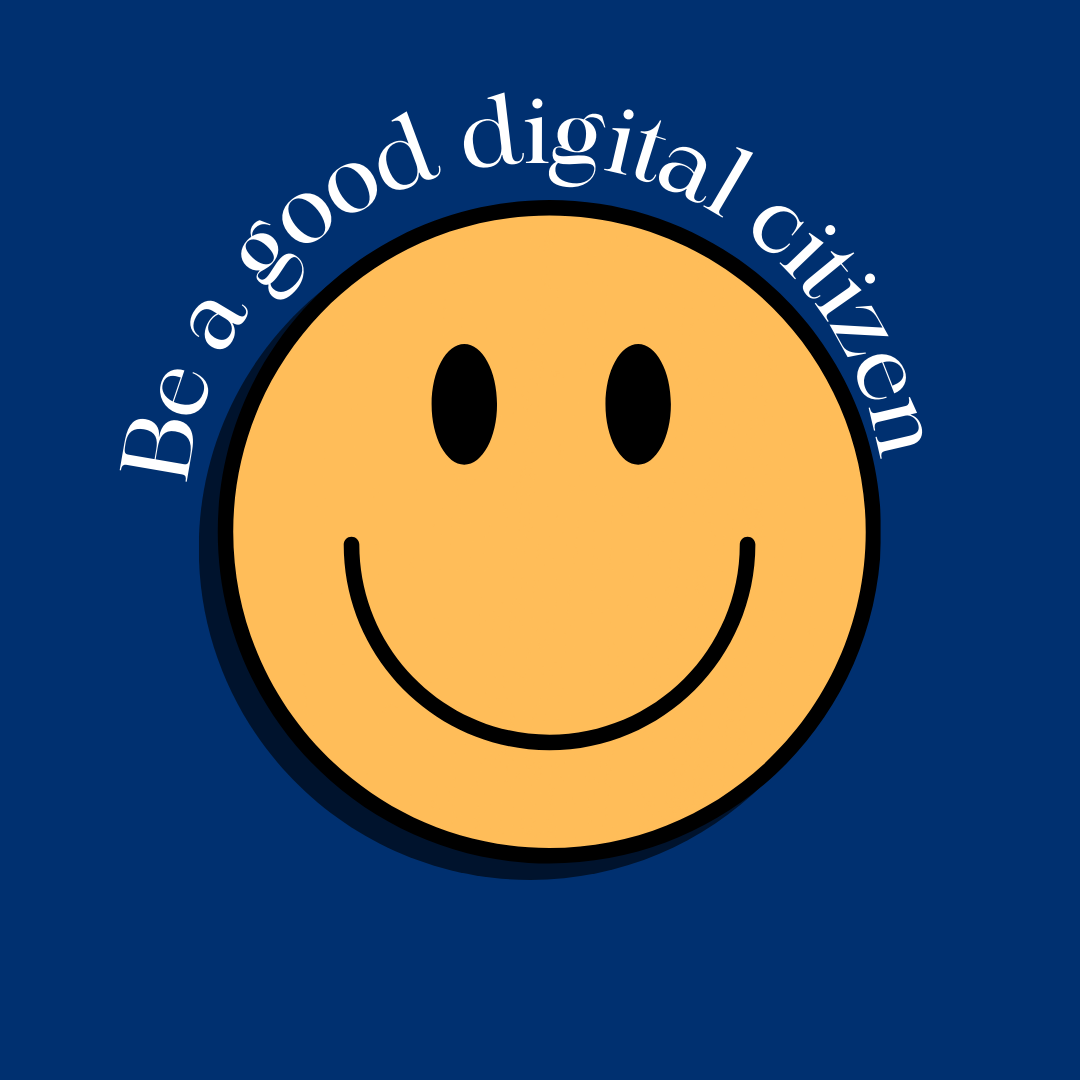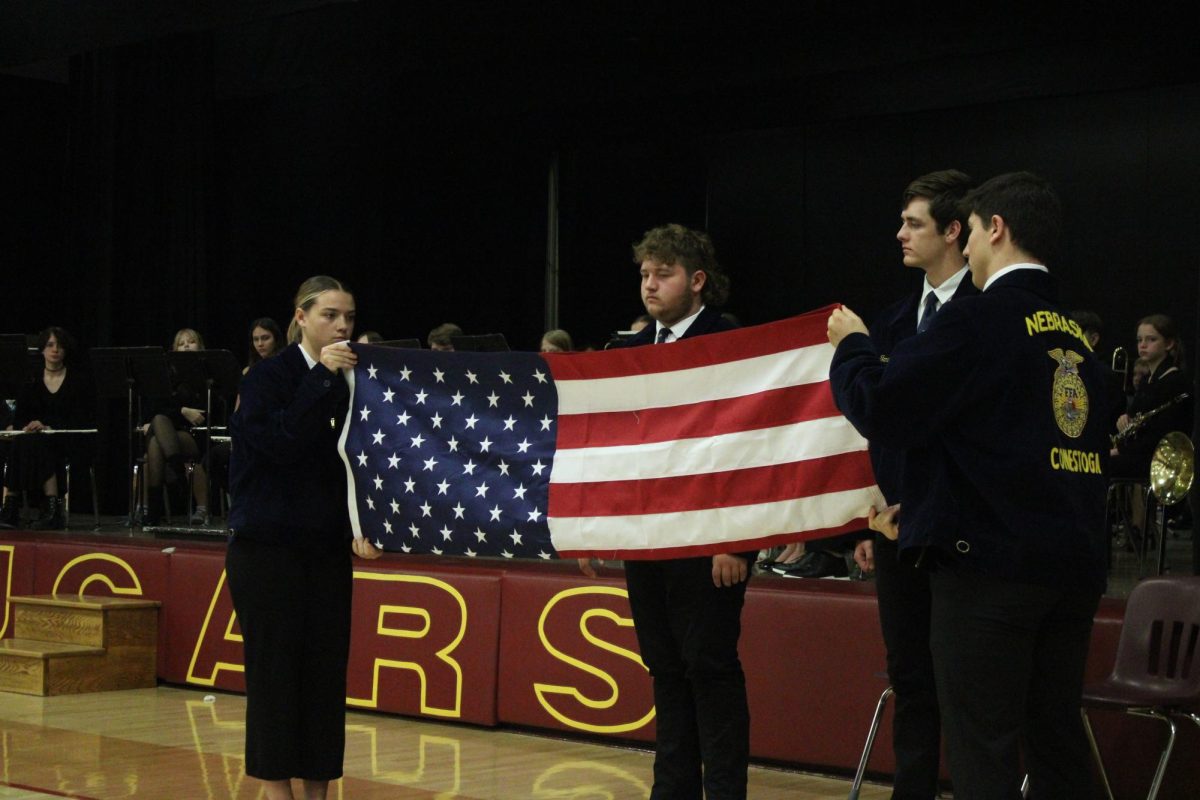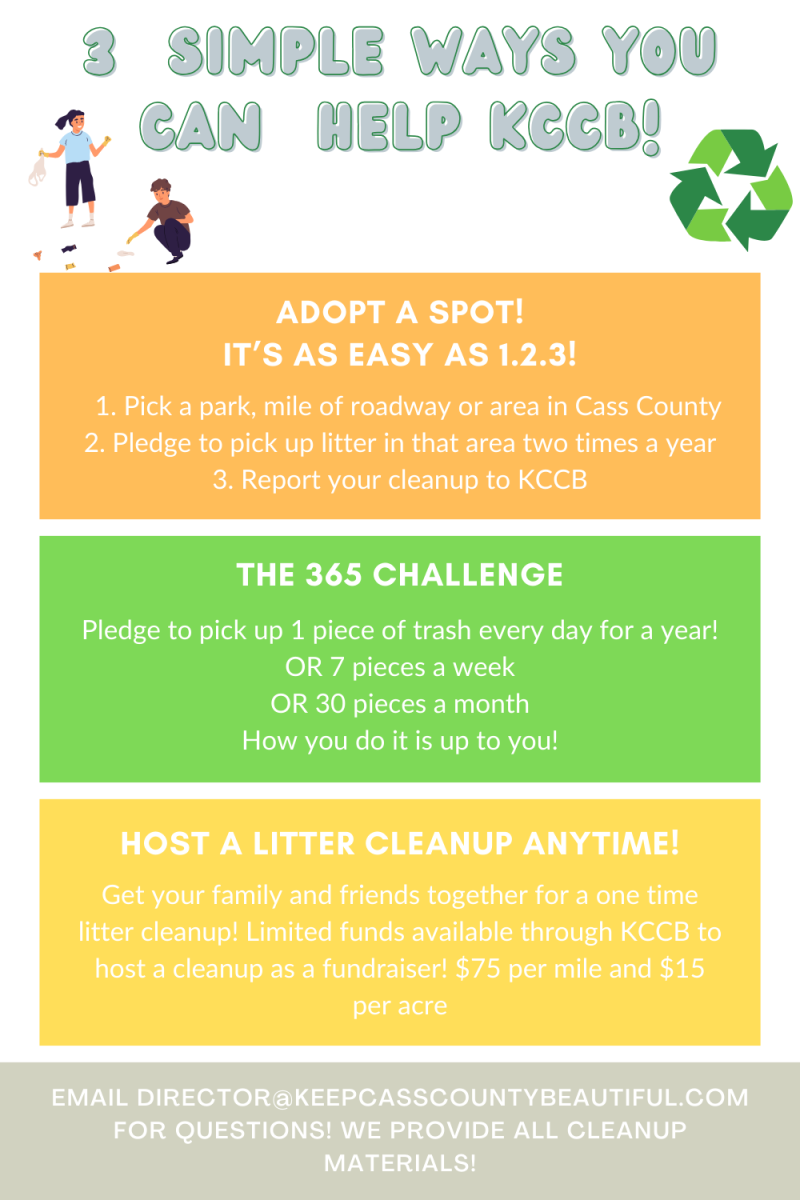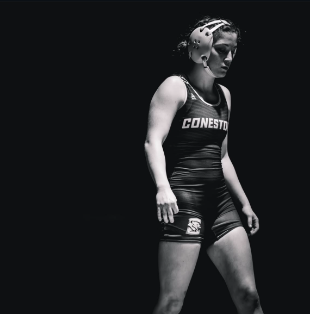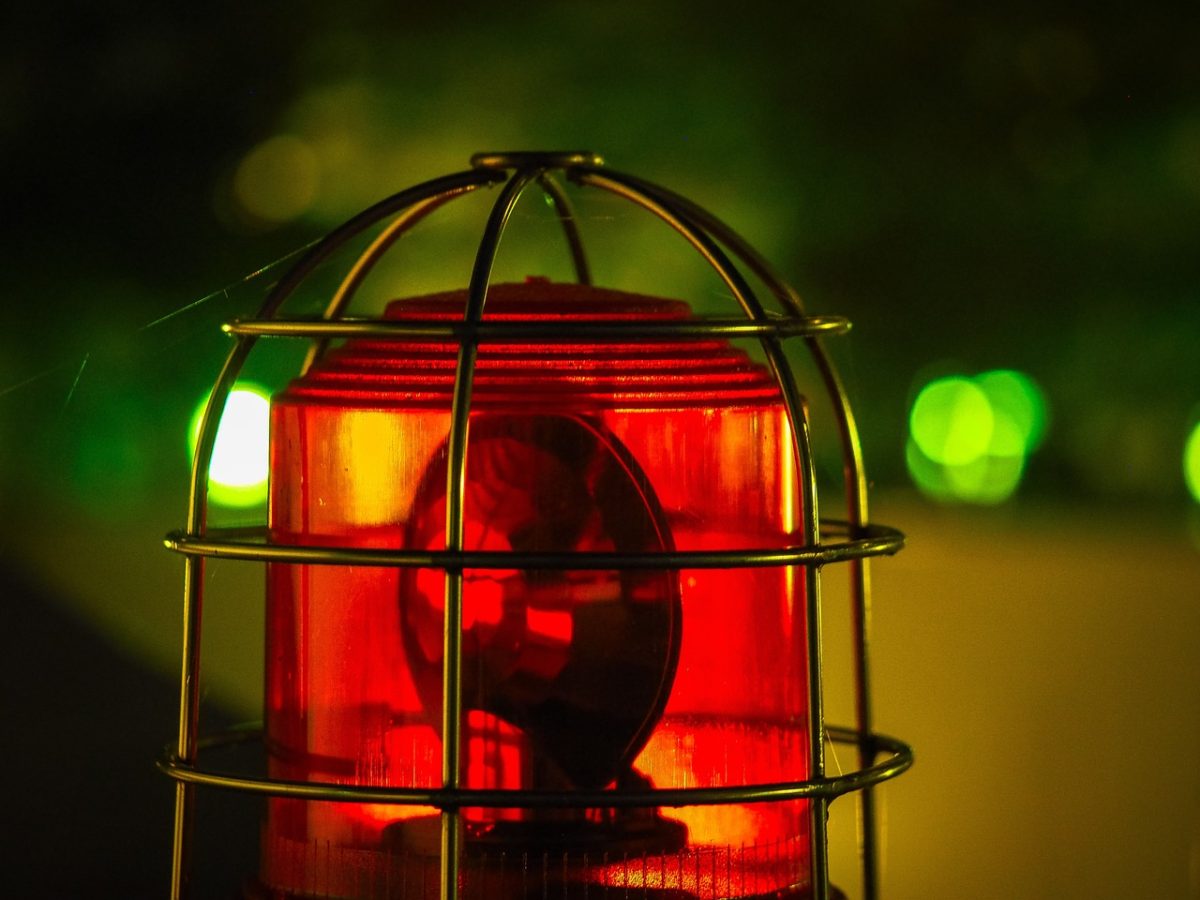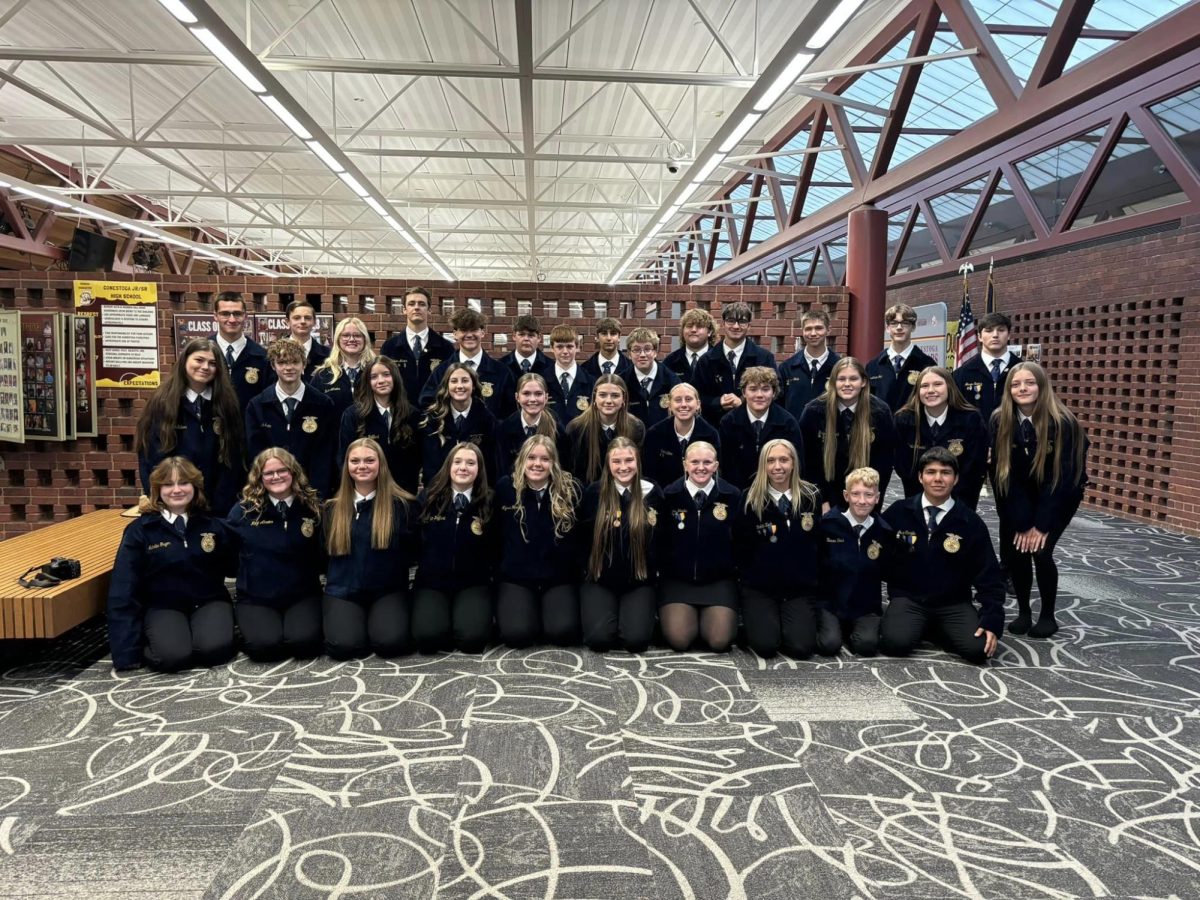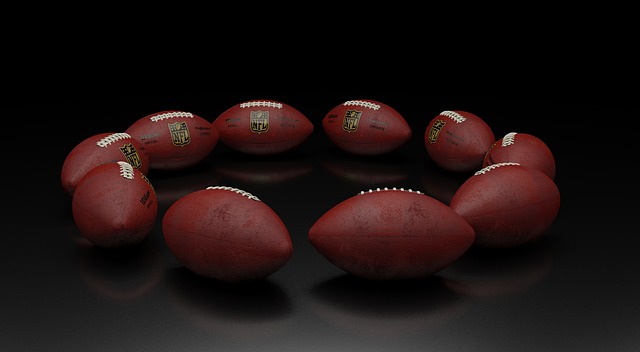Murray, NEB- A survey done in July 2017 by the American Association of College Registrars and Admissions Officers found that 11 percent of respondents had refused to admit an applicant based on social media content. Similarly, Harvard recently rescinded acceptances for at least ten students over obscene memes sent in chat rooms.
Social media can be beneficial, or a catastrophe waiting to happen. For those 10 Harvard students, their digital footprint ruined years of hard work and destroyed their plans. A digital footprint is a unique set of traceable digital activities, actions, contributions, and communications. What you like, send, and repost is available to future employers, college admissions offices, colleagues, and peers. Our generation has grown up surrounded by technology. The majority of students and schools have an account on some form of social media. Your online presence and footprint determine your reputation.
Conestoga has several policies to protect students. Board Policies 6025, 5043, and 5037 outline social media use. Even The Prowl, our school paper, is regulated. Student publications must conform to good scholastic and professional journalistic standards (Policy 5043). Allison Dworak runs Conestoga’s social media, teaches journalism, and runs The Prowl. She monitors students and confirms that what students publish is professional and accurate.
Recently, an Instagram account called chs.captured downloaded and posted photos taken by journalism students without permission from Dworak. It was deleted within 24 hours. Posting pictures of your friends and classmates seems like a good idea, but it discredits the photographers and breaks Policy 5037. It states that students cannot conduct illegal or inappropriate activities on school computers, including downloading and copying copyrighted material. Another Instagram account, chs.fridaybeers, was using the Conestoga logo as its profile picture before it was removed. Only official school accounts can use the Conestoga Cougar logo. Additionally, it featured photos of students inside the school. If you take your phone out during school, turn it off when you enter locker rooms, restrooms, or any other area where others may expect privacy (Policy 6025).
We rely on technology for communication, connections, and information. The stories of students losing opportunities over old posts serve as a cautionary tale and warn that nothing you post is ever really private, and if you delete it, it is not gone. Social media can help you create change and foster new connections, but it can also taint your reputation. “The dark side of social media is that, within seconds, anything can be blown out of proportion and taken out of context. And it’s very difficult not to get swept up in it all.” — Nicola Formichetti

